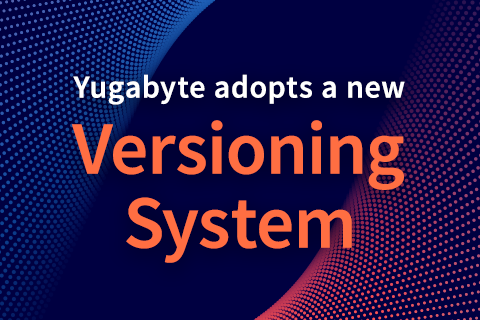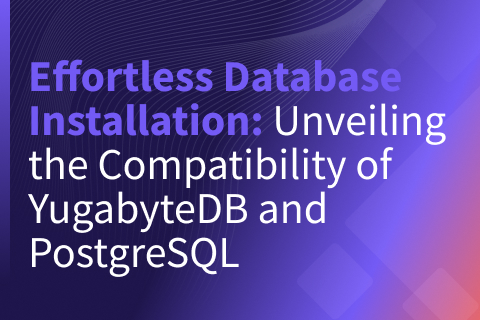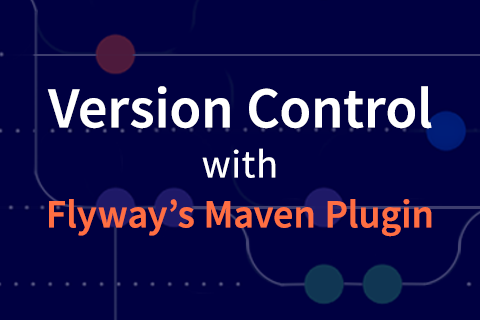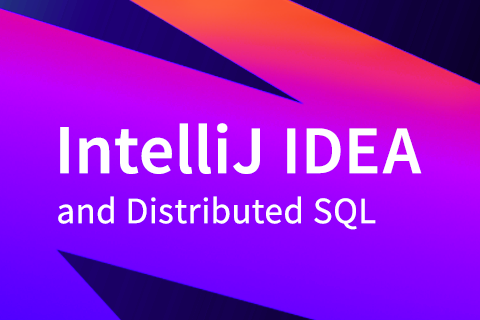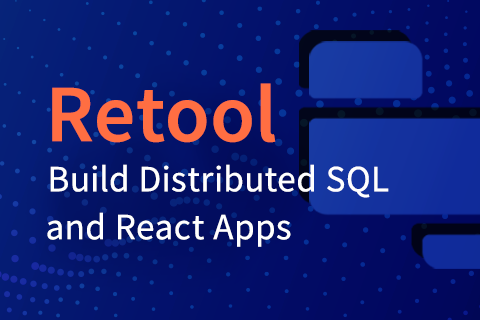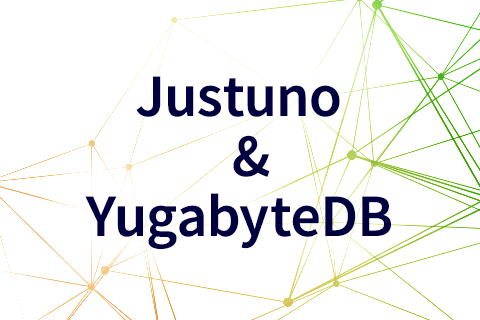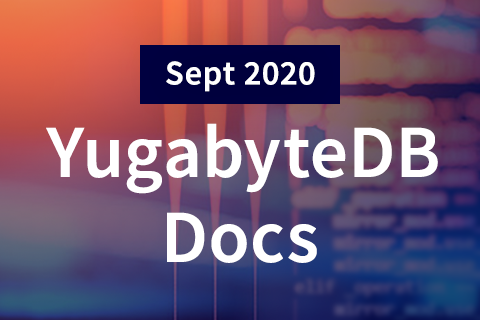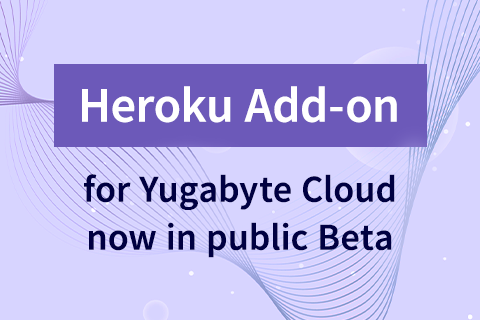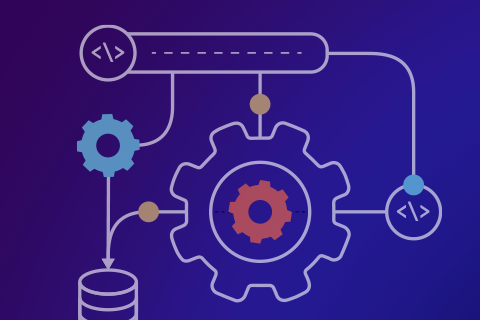Yugabyte Adopts a New Versioning System
Many users in the YugabyteDB community simply love the velocity with which new and exciting features are introduced through frequent releases. However, as more and more business-critical applications start depending on YugabyteDB as the system of record database, there is an increasing need for enterprises to operate existing versions in production longer and avoid adopting fast-moving releases which can go through radical design changes. It’s clear we have different groups of users, each with important needs: those who need to go into production now with the generally available features,
…
